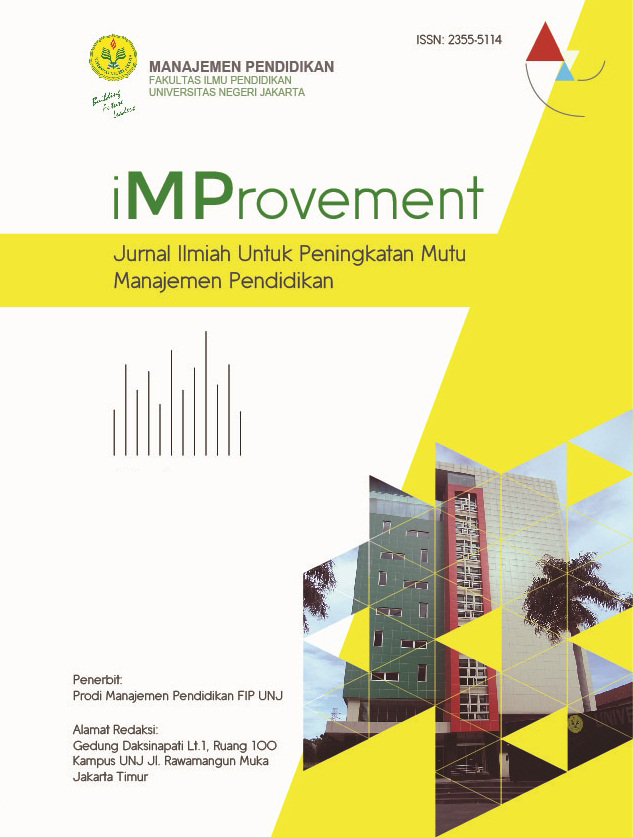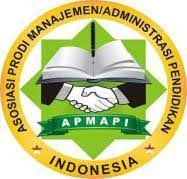Implementation of Technology and Vocational Education Management in Facing the Independent Learning Curriculum
DOI:
https://doi.org/10.21009/improvement.v10i1.32657Keywords:
Independent learning curriculum, education management, SMKAbstract
The independent learning curriculum is a new curriculum that is being promoted by the Minister of Education and Culture at this time. Many teachers are still adjusting this new curriculum. This study aims to elaborate on the implementation of technology and vocational education management in Vocational High Schools (SMK) Surabaya in the face of an independent learning curriculum. Using this type of qualitative research so that the data produced is descriptive. Data sources obtained from principals and representatives of various fields (student affairs, curriculum, facilities and infrastructure) as well as teachers along with supporting documents. Collecting data using interview, documentation and observation techniques. Data analysis is carried out after collecting all the supporting data, then the data is reduced, played data to conclusions. This research was conducted at one of the SMK Surabaya odd semester TP. 2022/2023. From this research, it can be produced that the curriculum used by SMK Surabaya is an independent learning curriculum. In the implementation of education management, this curriculum has not found weaknesses or advantages because it has only been running for a few months. So the author gives advice to use and pay attention to swot analysis in order to get better data.
Downloads
Published
How to Cite
Issue
Section
License
Copyright (c) 2023 Saniyatul Hikmah; Alfredo Arianto Permana Putra, Marniati, Dewanto

This work is licensed under a Creative Commons Attribution-NonCommercial-ShareAlike 4.0 International License.
Authors who publish with this Journal agree to the following terms:
- Author retain copyright and grant the journal right of first publication with the work simultaneously licensed under a creative commons attribution licensethat allow others to share the work within an acknowledgement of the work’s authorship and initial publication of this journal.
- Authors are able to enter into separate, additional contractual arrangementfor the non-exclusive distribution of the journal’s published version of the work (e.g. acknowledgement of its initial publication in this journal).
- Authors are permitted and encouraged to post their work online(e.g. in institutional repositories or on their websites) prior to and during the submission process, as it can lead to productive exchanges, as well as earlier and greater citation of published works.
-
Users/public use of this website will be licensed to CC BY-NC-SA (Attribution & Non-Commercial-ShareAlike)



